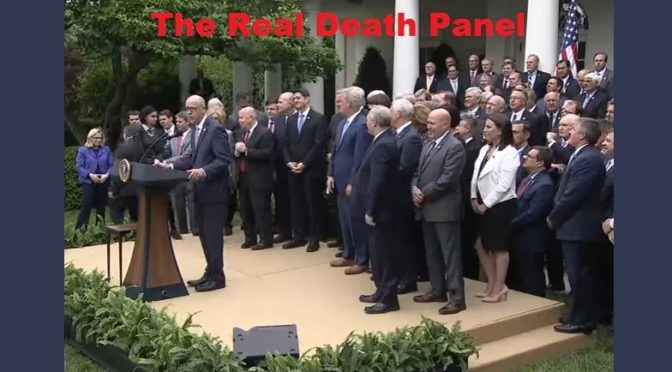Houston’s Diversity: America Discovering What Locals Already Know
If you live in or frequently visit the city of Houston, then the term "diversity" is surely nothing new. A stop in virtually any of the city's major stores, malls or public spaces will quickly reveal a racial/ ethnic mosaic. Even when Houstonians are segmented in an area of town dominated by one persuasion, they … Continue Reading ››

